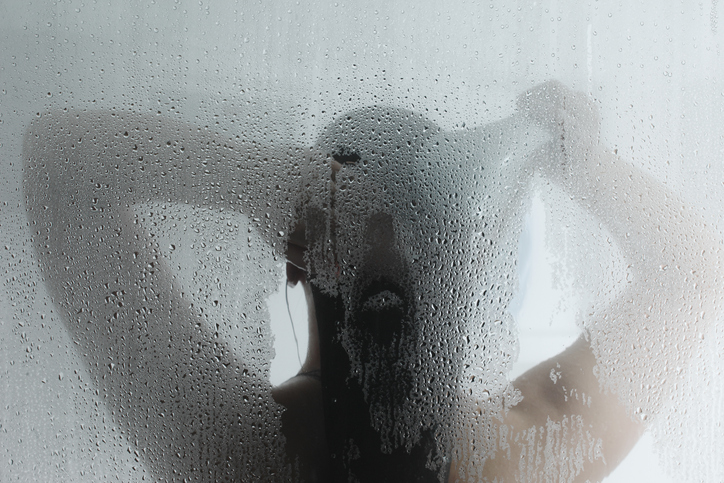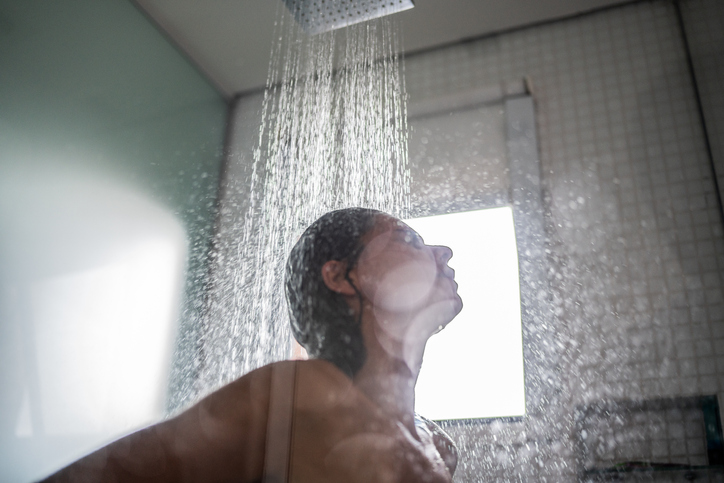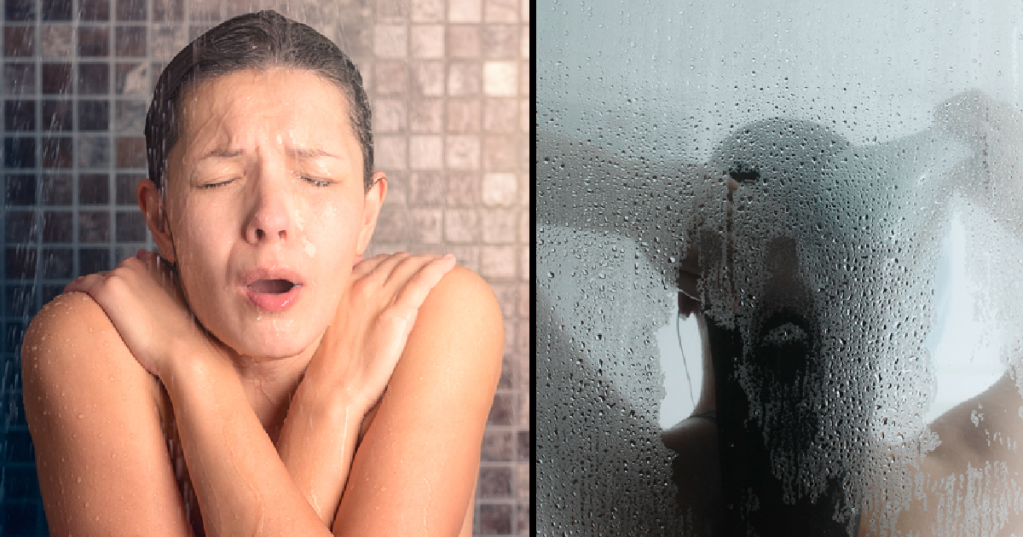Trending Now
I have to believe that every single sane person in the world would prefer a hot shower to a cold one.
Now, I know that there are times when a cooler shower is necessary – after a workout, if you’re trying to wake up or sober up – but mostly, it’s not very pleasant.
Are there other health benefits from turning the water temperature down, though? The answer might surprise you, so keep reading!

Image Credit: iStock
First off, let’s talk about the different ways hot and cold showers affect our bodies.
According to an analysis presented at the 2018 Joint International Conference on Water Distribution System Analysis and Computing and Control for the Water Industry, most people prefer hot showers – specifically, showers between the temperatures of 104 and 106 degrees F.
Hot showers are obviously nicer and more relaxing, and numerous studies have shown that showering before bed can help us sleep better by relieving body tension and stress. In addition, the hot water relieves muscle fatigue and may even lessen the pain associated with long-term conditions like osteoarthritis.
The body’s blood vessels expand when exposed to heat, which means immersion in warm water can improve arterial stiffness and improve circulation, even improving blood flow among people with chronic heart failure.

Image Credit: iStock
That said, dermatologist Sejal Shah reminds us that hot showers are not all good.
“Hot water strips the skin of its natural oils leading to dry, itchy skin and eventually eczema. Similarly, hot water can strip the hair of its natural oils, causing it to be drier.”
And that ability to lower blood pressure? Dr. Hassan Makki says it’s not a positive for everyone.
“I must have heard a similar story at least a dozen times; a person is taking a hot shower, feels lightheaded and wakes up in a pool of blood from a head injury.”
Hot showers, it turns out, are a prime place for those events – called vasovagal syncopes – to happen.
“The heat has already caused a lot of the blood to be shifted to the superficial tissues (a mechanism the body uses to cool down). With less blood available in the tank so to speak, even a slight dip in blood pressure can cause syncope.”
On the opposite end of the spectrum, cold showers have a reputation for being good for calming untoward urges–and there is some scientific data to support the claim that they’re good for your health.
There are several studies that point to an immune-boosting effect, which may or may not have something to do with the sympathetic nervous system–which is connected to our fight-or-flight reflex.

Image Credit: iStock
Lindsay Bottoms, a Reader in Exercise and Health Physiology at the University of Hertfordshire, explained more in The Conversation.
“When this is activated, such as during a cold shower, you get an increase in the hormone noradrenaline. This is what most likely causes the increase in heart rate and blood pressure observed when people are immersed in cold water, and is linked to the suggested health improvements.”
Cold showers also improve circulation, but when the water stops and your body has to work harder to warm itself back up.
Which is also why cold showers can help increase your metabolism. Some believe this, along with the idea that “brown fat” is activated by cold temperatures and stored around the shoulders and neck, also has some believing cold showers could promote weight loss.
Bottoms also explained that some are positive cold showers have mental benefits as well.
“There is a school of thought that cold water immersion causes increased mental alertness. A cold shower may also help relieve symptoms of depression. A proposed mechanism is that, due to the high density of cold receptors in the skin, a cold shower sends an overwhelming amount of electrical impulses from peripheral nerve endings to the brain, which may have an anti-depressive effect.”
Health and water expert Glen Coulson warns that there are also drawbacks.
“Submerging in freezing cold water could cause the body to go into cold-water shock. That could cause a number of reactions, from hyperventilation to heart attacks.”
So, should you take a hot shower or a cold one, if improving your health is your ultimate goal?
The best answer, says dermatologist Carl Thornfeldt, is somewhere in the middle.
“The best solution is to take a warm, tepid shower and then finish off with cold rinse for the last few seconds to still reap the rewards of the cold water.”

Image Credit: iStock
You definitely don’t want to take a cold shower if you’re coming in from a super hot day, because your body is working hard to stabilize its temperature on its own and the cold water will just throw it off.
“It is always recommended to have a lukewarm shower rather than indulging a cold one.”
I feel like this is advice that no one is going to argue with and that we’re all going to take to heart.
At least, those of us who don’t enjoy torture first thing in the morning.






